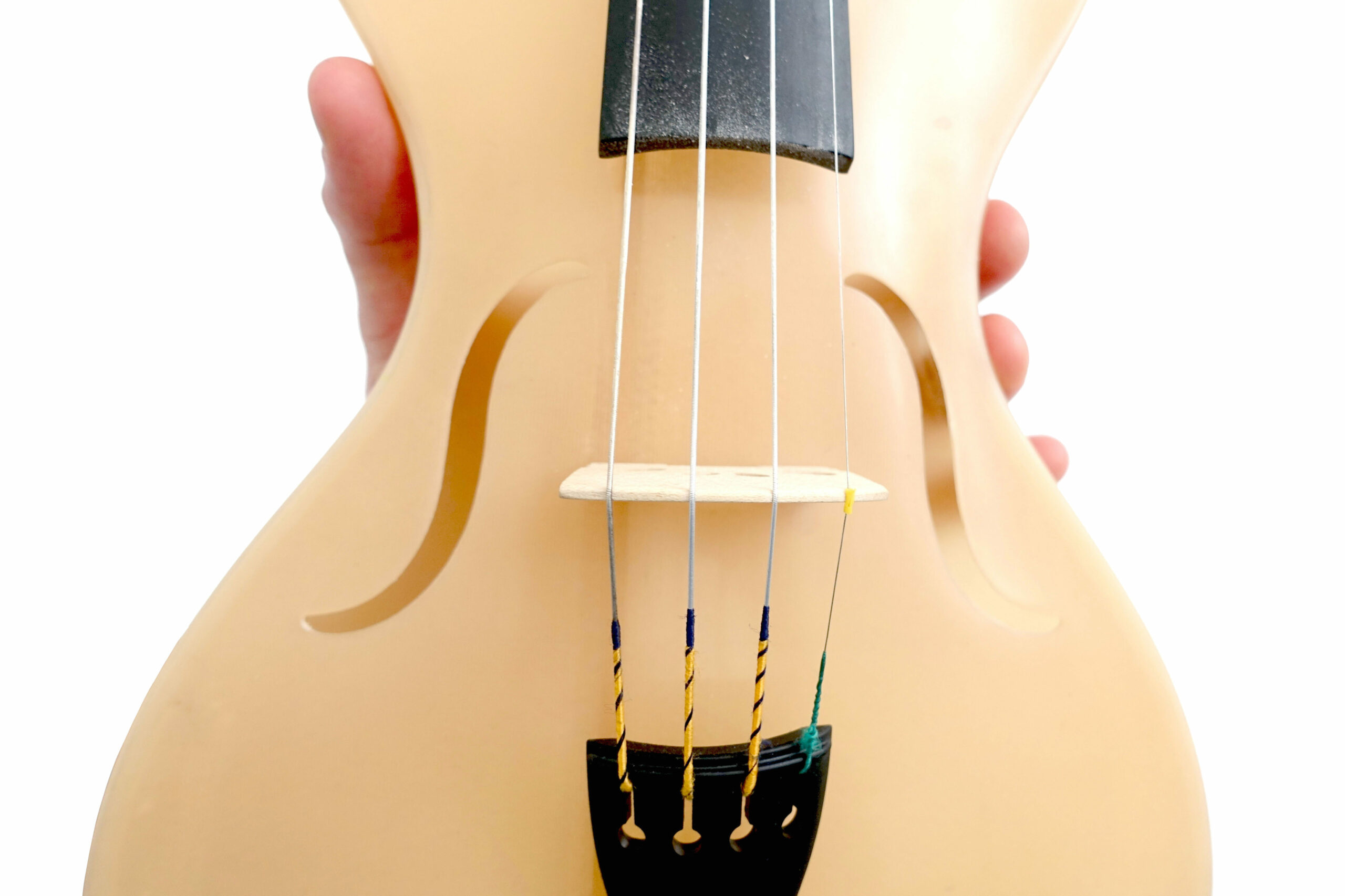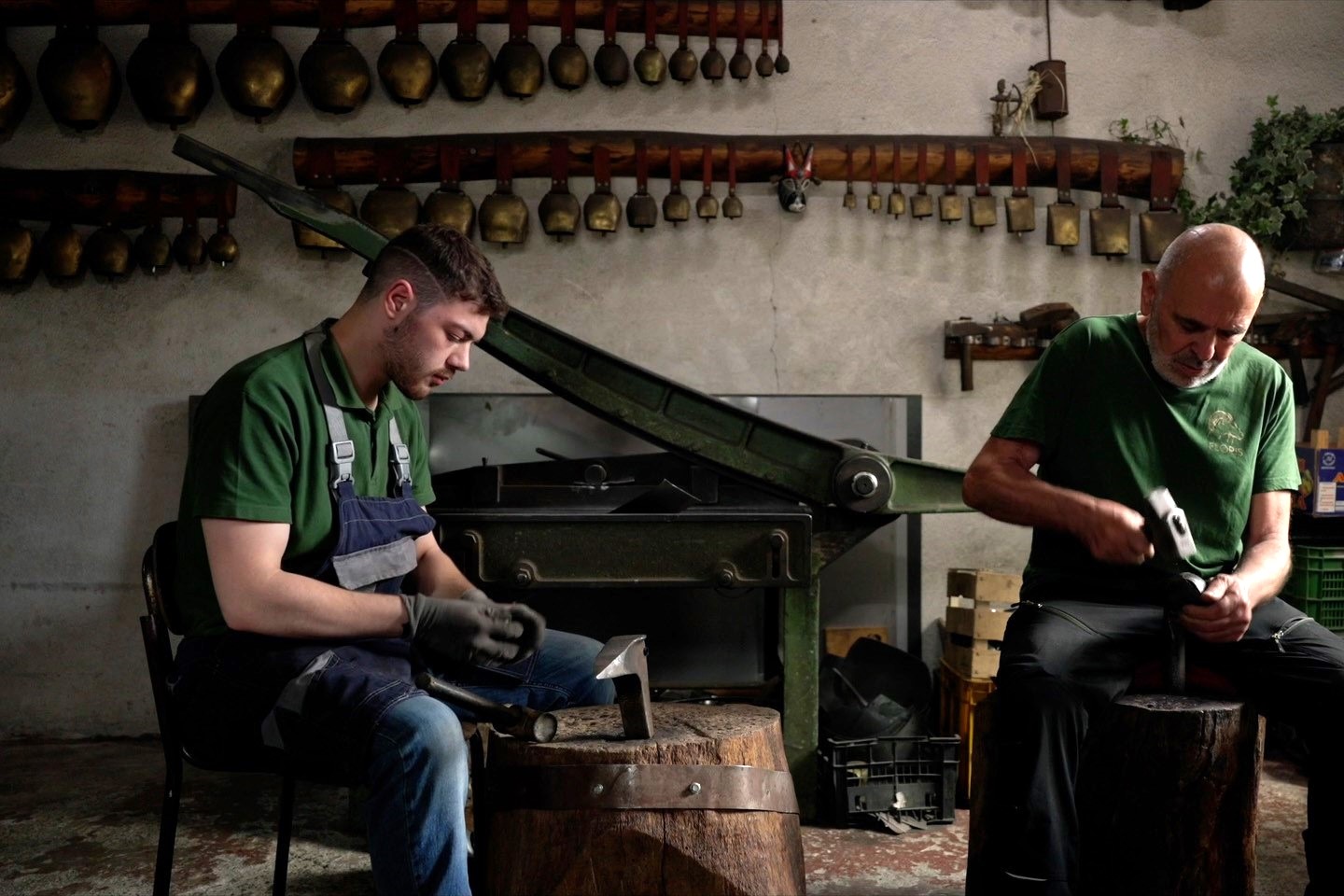A commitment which puts together the passion for music; the revival of forgotten musical treasures; and the magic of the Opera to share with the audience: these are the three secrets behind the success of Ars Minerva, a non-profit organization founded by Artistic Director and mezzo soprano Céline Ricci.
As they performed in San Francisco for a whole weekend, they introduced La Cleopatra, by the 17th Venetian composer Daniele da Castrovillari for the first time after its premiere in 1662. Indeed, after the debut, the libretto was lost in the archives of Venice’s Biblioteca Marciana.
The opera recalls the ability of Castrovillari and his librettist Giacomo dall’Angelo to mix up romance, jealousy, sensuality, comedy, politics, drama, in a climax which allows an expected ending, in a perfect Venetian Carnival spirit. Inspired by the femme fatale whose legend has been told by many, from Plutarch to Burton and Taylor, the libretto becomes a mix of sex and violence and perfectly sets the context for a modern interpretation.
The idea is part of the first project Ars Minerva organization launched in order to create an annual Carnival Festival which celebrates Venice and the Baroque: in fact, the aim is to bring back to life some operas which belong to antique Carnivals, from the 17th and the 18th centuries but completely forgotten by both modern artists and audience and not been played ever since.
For those who do not know what Venice used to be in those centuries and what made its Carnivals so special, a step back in the past is needed: if, at the very beginning, the Carnevale represented a moment for Venetians to forget about everyday’s problems and enjoy the fun of music, street arts, and food, at the end of the 16th century and so on, the Carnival became an important event for which big and sophisticated floats were set up.
For more than two centuries, Venice became the place where ordinary life could stop for a few days, while people got their chance to express artistic soul and creativity. That’s also why Carnivals turned out to be soon not only events for painters and artists, but also for writers, poets, where music players used their voice to welcome famous people from other countries. The mystery and the paradox; the beauty and the magic; the decadence and the colour, everybody could have fun wearing his/her own mask.
It was indeed not by chance that Venice witnessed the creation of the first Public Opera House, Il Teatro di San Cassiano in 1637, once the Opera season started to happen during the Carnival season.
This special history and the unique heritage behind the Carnival inspired Ars Minerva organizations. And, after they successfully collected money through a fundraising project in 2014, they started planning their performances at the Marines’ Memorial Theater in San Francisco. To explain the idea behind the project, the organization underlines the importance of the Opera and its social function: since the timing of the opera season in Venice goes hand in hand with the Carnevale intended as an international meeting ground, it became a moment of freedom, a uniquely Venetian response to one of the most rigid class hierarchies in the European history.
Céline Ricci, founder and director of Ars Minerva, learnt about La Cleopatra at UC Berkeley’s music library, while checking on the microfilm department and looking for some music. A bit by chance, she run into a collection of baroque Venetian operas and was amazed by the variety of the music and the captivating and contrasted tunes of that opera.
Céline, performing the role of Cleopatra, was born in Florence by Italian and French parents. Thanks to her powerful voice and stage presence, she was named among new talents in 2005 by Opernwelt and, two years ago, she performed with Akademie für Alte Musik in Sydney and Berlin, Philharmonia Baroque at Lincoln Center and Tanglewood, and with Ars Lyrica at the Berkeley Early Music Festival and in Houston, among other projects.
She now leads Ars Minerva together with other baroque specialists and former students of the San Francisco Conservatory of Music, such as guitarist and lutenist Adam Cockerham; conductor and historical keyboardist, Derek Tam; cellist and violin player, Gretchen Claassen; violinists, Natalie Carducci and Laura Rubinstein-Salzedo.
A team of talented singers and musicians opened to give the audience new ways to experience the Opera and the music: for this reason, the organization also counts on a team of creative young people, who are now experimenting the possibility of creating games related to Opera and its history.
As a baroque singer and involved in many opera revivals, Céline admitted how she considers La Cleopatra not only as a musical adventure but she wants it to be felt as a human adventure. As a musician with strong values, she cannot help but try to keep past music alive, especially music that has been forgotten.






























